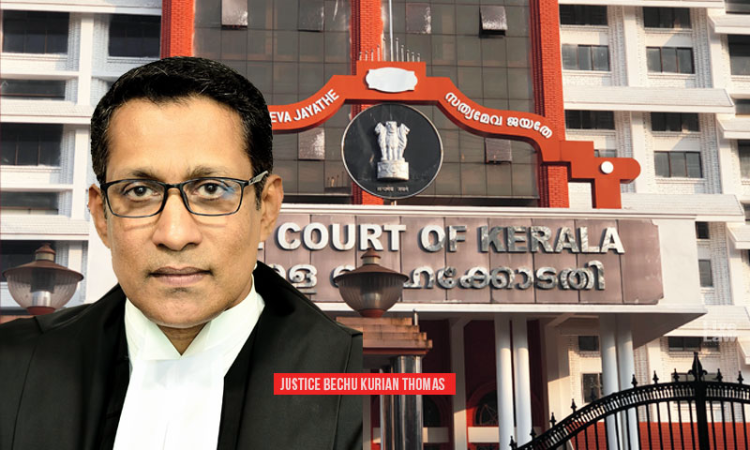SC-ST Act | Victim's Presence When Insulting Remarks Are Made Includes "Online Presence": Kerala HC Denies Pre-Arrest Bail To YouTuber
Hannah M Varghese
27 July 2022 11:30 AM IST

The digital world has transformed the concept of viewership, the Court added.
Next Story


